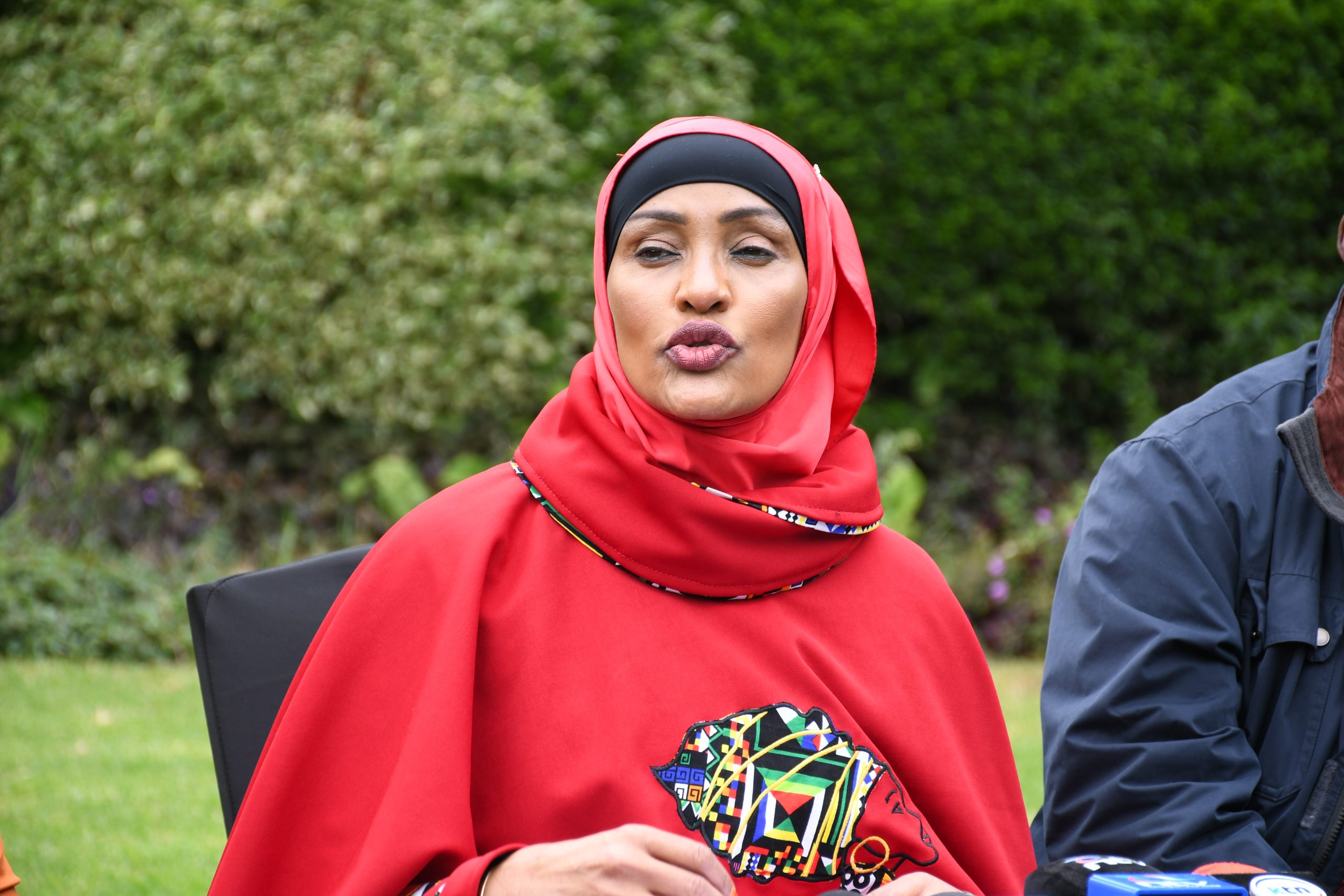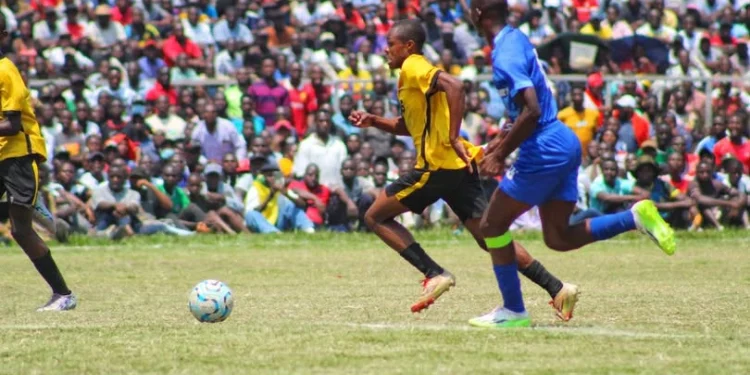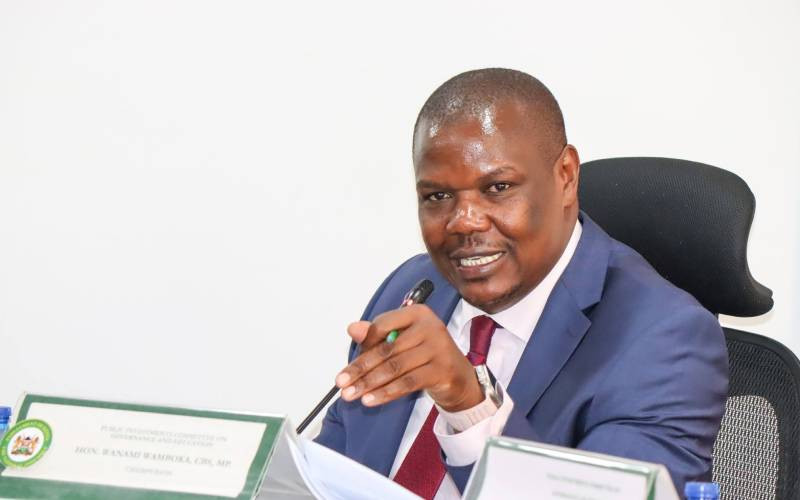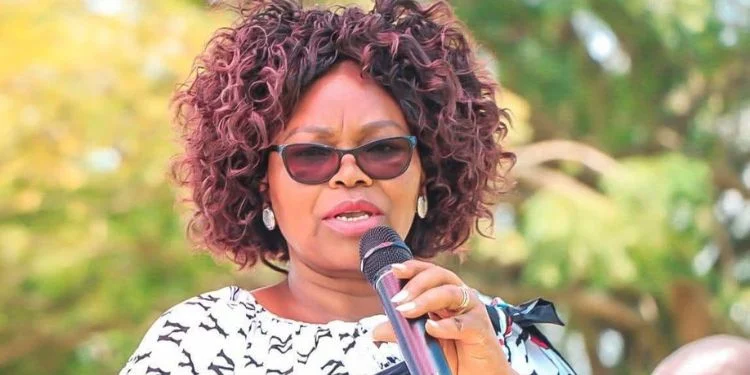The National Gender and Equality Commission (NGEC) has sounded alarm over worsening education outcomes for girls in Kenya, particularly in marginalized regions, citing high dropout rates, early pregnancies, and increasing cases of sexual abuse within schools.
The concerns were raised by NGEC Chairperson Rehema Jaldesa during the Commission’s annual staff summit held at FK Resort, in Nyeri County under the theme “Becoming Gender-Transformative: Tools, People, and Purpose.”
Jaldesa noted that the summit is part of NGEC’s broader strategy to transform internally and improve its effectiveness in delivering on its constitutional mandate. She linked the troubling trend of educational inequality to a combination of social and systemic challenges, including poverty, harmful traditional practices, and weak protective structures within schools.
Drawing from the 2022 Kenya Demographic and Health Survey, Jaldesa revealed that in some counties, nearly half of girls aged between 15 and 19 are either pregnant or already mothers. “These outcomes reflect more than personal choices. They are a consequence of underinvestment in girls’ education and limited support mechanisms for vulnerable learners,” she said.
ALSO READ:
Migori teachers fume over strange pay slip entries and salary gaps
The Commission expressed concern that although the Ministry of Education has reaffirmed the government’s commitment to capitation funding for schools, any delays or funding gaps could amount to indirect exclusion of learners. Such scenarios would be in direct conflict with Article 53 of the Constitution, which affirms every child’s right to free and compulsory basic education.
To address these issues, NGEC is planning to conduct a rapid assessment to examine school-level factors that affect girls’ education in several marginalized counties. This initiative aims to generate deeper understanding of the practical and structural barriers keeping girls out of school.
The Commission has also established a dedicated research committee focused on gender and education, tasked with building the evidence base required to guide future interventions. This new body will work closely with education stakeholders to ensure gender equality is not just a policy goal but a lived reality in classrooms across the country.
Internally, NGEC is undergoing a process of system reviews to ensure the organization’s structures and operations reflect gender-transformative standards. Jaldesa emphasized that accountability must begin within, and the Commission is committed to setting an example through its own practices.
One of the most urgent concerns raised during the summit is the increasing number of sexual abuse and harassment cases being reported in schools. Alarmingly, many of these involve teachers as alleged perpetrators. “It is unacceptable that places meant for nurturing children are becoming unsafe. Protecting learners must be a shared responsibility,” Jaldesa stated.
ALSO READ:
KUPPET Kisii urges gov’t to consolidate bursaries, NG-CDF to fund school capitation
In a move to address this, NGEC has written to the Teachers Service Commission (TSC), urging it to strengthen oversight on teacher conduct, enforce disciplinary measures where violations occur, improve reporting mechanisms in schools, integrate gender-based violence prevention into teacher evaluations, and enhance GBV education within the school curriculum.
Jaldesa also called for a consultative forum between NGEC and TSC to agree on long-term strategies for ensuring safety and accountability in schools. She reiterated that the Commission is ready to collaborate with all education stakeholders to create learning environments that are safe, inclusive, and respectful of every child’s rights.
The staff summit continues through the week, serving as a platform for reflection, strategic planning, and capacity-building for NGEC officers as they work toward more inclusive and equitable governance.
By Rodgers Wagura
You can also follow our social media pages on Twitter: Education News KE and Facebook: Education News Newspaper for timely updates.
>>> Click here to stay up-to-date with trending regional stories
>>> Click here to read more informed opinions on the country’s education landscape






